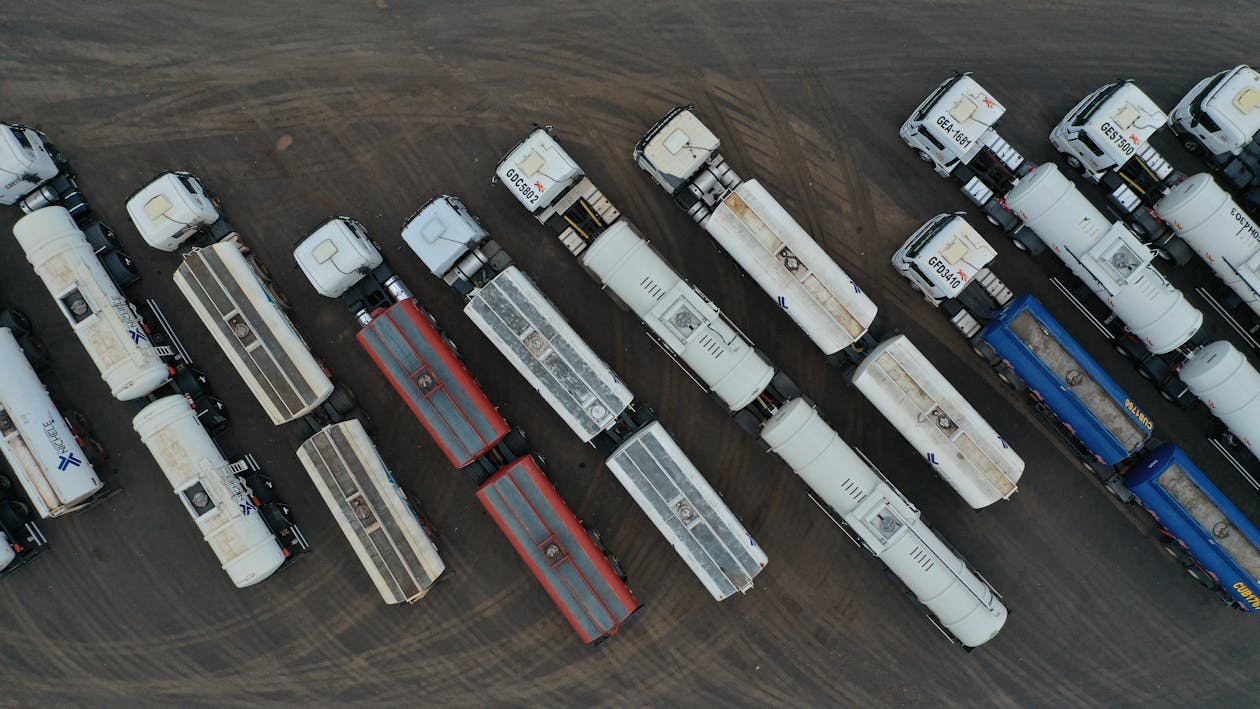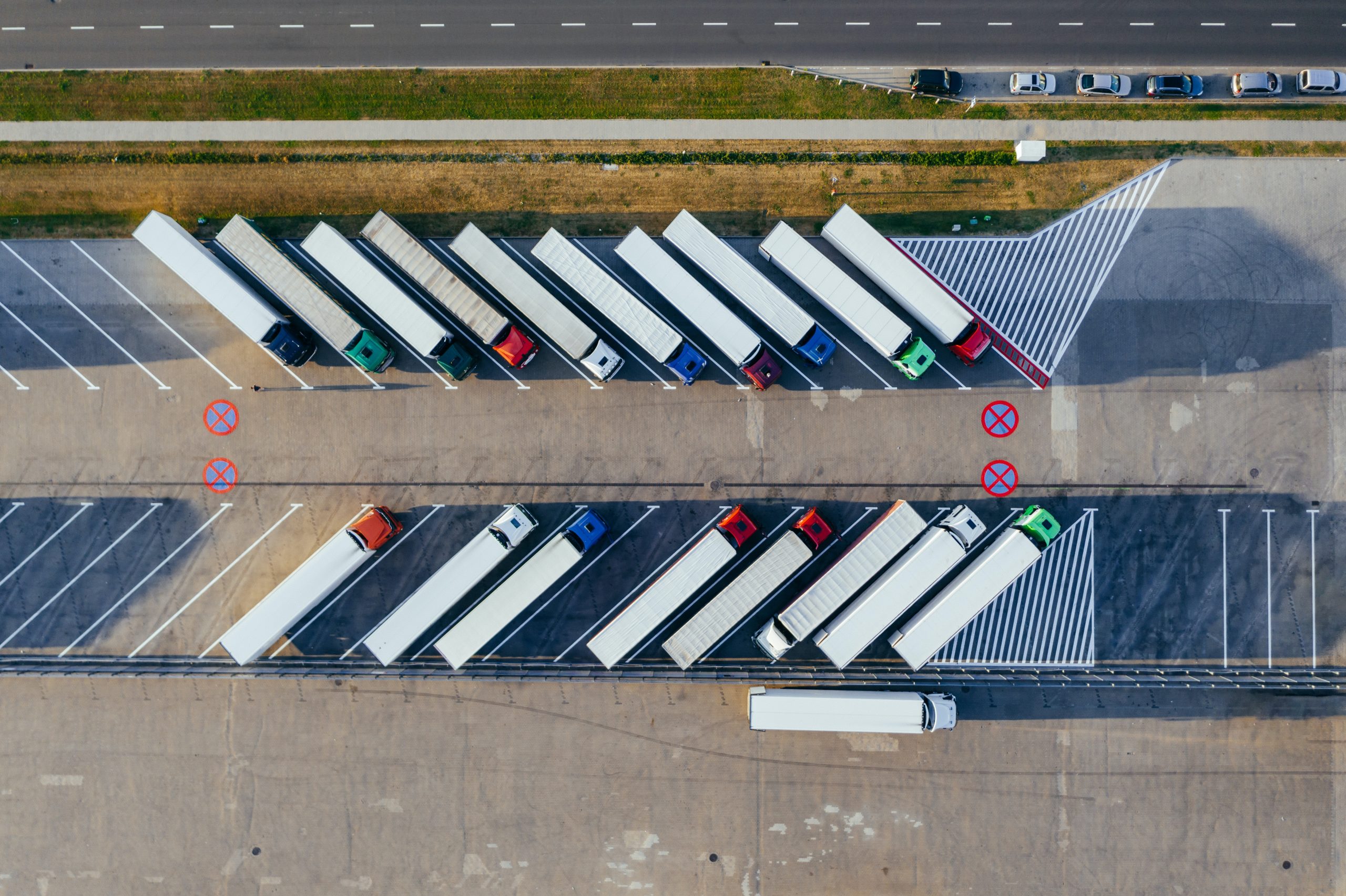The logistics industry is going through a lot of changes right now. As technology takes root and customer expectations rise, logistics industries are confronting an unprecedented transformation.
The COVID-19 epidemic heightened the requirement for supply chain enterprises to employ digital solutions that enable them to make better choices faster and exceed consumer expectations.
Every aspect of how logistics businesses work is changing as a result of technological advancements. Success will need digitalization and the use of software. Those that understand how to use new technology, such as data analytics, automation, and novel marketplace solutions, will be the victors. Those who do not risk losing their market position.
Customer expectations and developing technologies are two major areas of disruption. Customer expectations are rapidly shifting. Demand for next-day and same-day delivery has increased as a result of the epidemic. Individuals and companies want items to arrive sooner and, in the case of consumers, free of charge. Many logistics firms also cater to B2C clients.
Consumers adopted digital technologies long before many merchants, and some areas of the logistics business are still catching up. Most end-users are unconcerned with who or how their things are delivered as long as they are delivered quickly and affordably. All of this has tremendous consequences for logistics and transportation.
These demands for free and quick delivery will hasten last-mile logistical advances. The final stage of the delivery process from a distribution center or facility to the end-user is known as last-mile logistics. While last-mile logistics strives to meet customers’ increasing demands for rapid and free delivery, it presents new operational issues for shippers and producers.
As a result, many shippers are forced to outsource their warehousing and fulfillment to third-party logistics providers (3PLs). This technique allows fixed expenses to be converted to variable costs, but it may have a detrimental influence on profit margins. Customers’ requirements and mobility points are forcing shippers and producers to find a balance. It can only expect to do this by utilizing technology to its full potential, including artificial intelligence, data analytics, and automation. New technologies are allowing for more efficiency and more collaborative operating models, as well as reshaping the market in ways that are just now becoming evident. Lower costs, more efficiency, and the potential for a true revolution in the way the sector functions are all benefits of using technology. Major supply chain companies will adopt technologies that enable artificial intelligence and sophisticated analytics capabilities until 2025.
 Logistics in the Future
Logistics in the Future
All of this has tremendous consequences for logistics and transportation. Efficiency, transparency, and traceability are all goals pursued by the market. Consumers want real-time updates on each and every shipment they order. Commercial shipments follow the same rationale.
As a result of these developments, the logistics business must also adapt to digital tools. However, many logistics businesses are still struggling with digitization, and many of their clients are ahead of them in this regard.
To simplify their operations, logistics businesses must design the proper plan, hire the right people, and use the right digital technologies. Using technology, we will be able to increase efficiency while lowering costs. Transportation businesses who do not begin to use digital technologies risk being permanently left behind.
There’s also a push right now to make the cooperation process between business partners and market players around digital solutions more efficient. The most effective digital technologies for logistics organizations enable them to operate all of their operational activities in one integrated system.
Consumer demand for delivery services is likely to rise in the coming years. In order to meet the expectations of customers, the logistics sector will need to continue to integrate digital standards, norms, and certification.
If you want to find the best trucking company for your business, visit the Northwest haulage companies who are specialists in their field.

